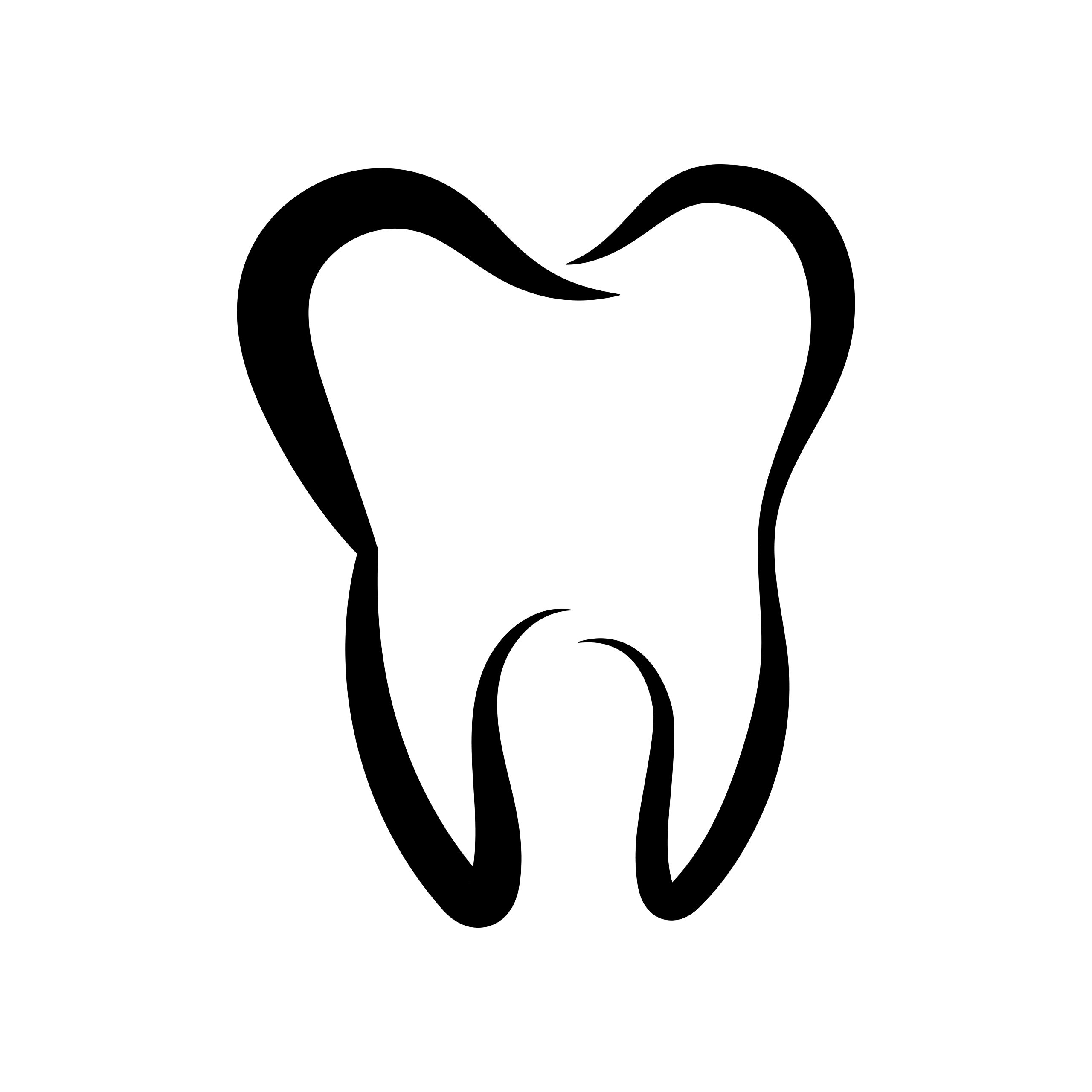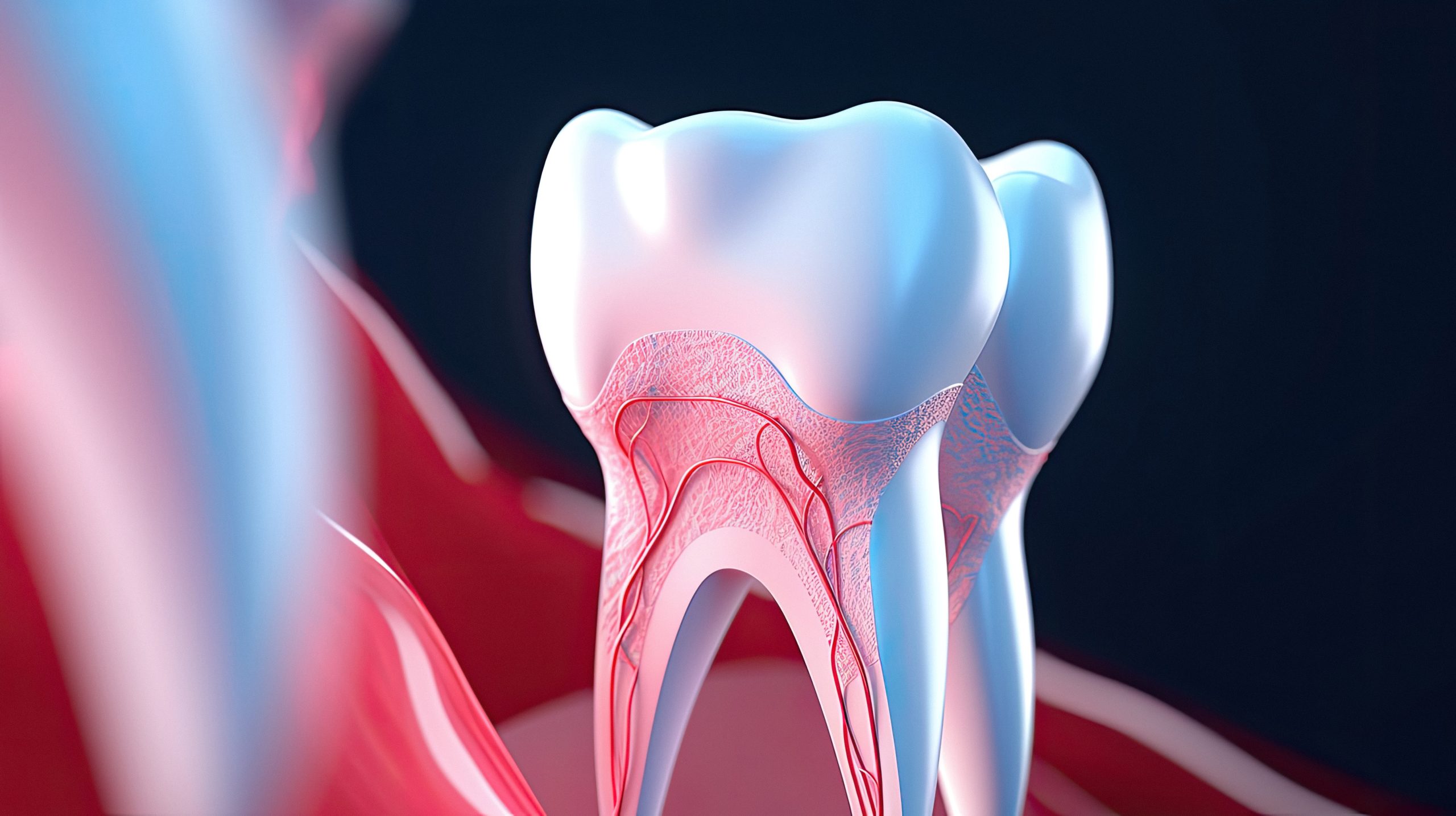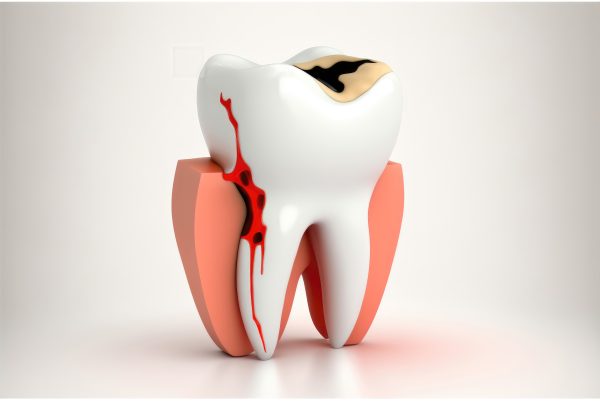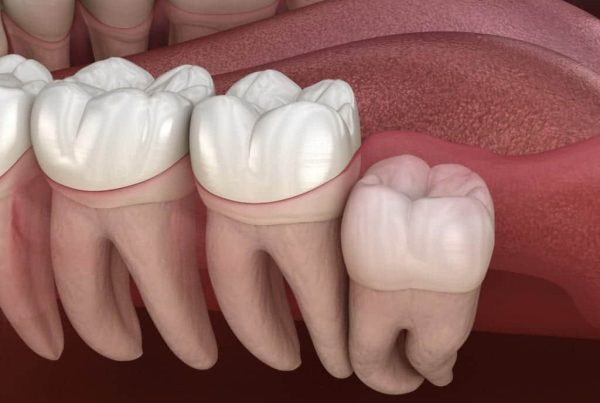Are Implants Needed To Replace Wisdom Teeth?
Dental implants are generally not needed after wisdom tooth removal. Wisdom teeth, or third molars, are typically extracted due to crowding, impaction, or infection, and their absence does not affect chewing function or dental alignment in most cases. Unlike other teeth, wisdom teeth are located at the back of the mouth and do not play a crucial role in biting or aesthetics. However, in rare cases where a missing wisdom tooth causes structural or functional issues, alternative treatments may be considered.
Replacement?
Can you replace a wisdom tooth with an implant?
In most cases, wisdom teeth are not replaced with dental implants. Unlike other teeth, wisdom teeth do not play a crucial role in chewing or maintaining dental alignment. Since they are located at the back of the mouth, their absence does not typically affect function or aesthetics. Additionally, the jawbone in the wisdom tooth area is often not ideal for implant placement due to its shape and density. However, in rare cases where a wisdom tooth serves a functional purpose—such as replacing a missing second molar—an implant might be considered. Still, most dentists do not recommend replacing wisdom teeth with implants.
No Replacement
What happens if you don’t replace a removed wisdom tooth?
If you don’t replace a removed wisdom tooth, there are usually no negative consequences. Wisdom teeth are not essential for chewing, speaking, or maintaining proper dental alignment. In fact, many people have their wisdom teeth removed to prevent crowding, infection, or impaction, and their absence does not affect overall oral function. Unlike other teeth, wisdom teeth do not create noticeable gaps, so there is no cosmetic concern either.
In rare cases, if a wisdom tooth played a role in supporting a neighboring molar, its removal could lead to minor changes in bite pressure or chewing efficiency. However, this is uncommon, as most people adapt quickly to the absence of their wisdom teeth without any long-term issues. Since dental implants are generally unnecessary in these cases, no replacement is needed, and healing occurs naturally without impacting oral health.

What are the alternatives to dental implants after wisdom tooth extraction?
After wisdom tooth extraction, dental implants are generally not necessary, but if a replacement is ever considered, there are alternative options. In most cases, no replacement is needed at all since wisdom teeth do not play a significant role in chewing or dental alignment. The surrounding teeth naturally adjust, and the jawbone heals on its own without functional or aesthetic concerns.
However, if a missing wisdom tooth creates an issue—such as a rare case where it previously supported chewing or maintained bite structure—alternatives like dental bridges or partial dentures could be considered. Bone grafting may also be an option if preserving jawbone density is a concern. That said, most people experience no negative effects after wisdom tooth removal, making any form of replacement unnecessary.
Will my teeth shift after wisdom tooth extraction?
In most cases, your teeth will not shift after wisdom tooth extraction in a way that affects your bite or appearance. Wisdom teeth are located at the very back of the mouth and do not directly influence the alignment of other teeth. If your teeth were already crowded before extraction, they may continue shifting naturally over time due to factors like aging, tongue pressure, or genetics, but not because of the removal itself.
However, some people may notice slight changes in their bite or spacing after wisdom tooth extraction, especially if there was pre-existing crowding. This is often due to natural tooth movement rather than the removal of the wisdom teeth. If you have concerns about shifting teeth, wearing a retainer (if prescribed by your dentist or orthodontist) can help maintain alignment.





